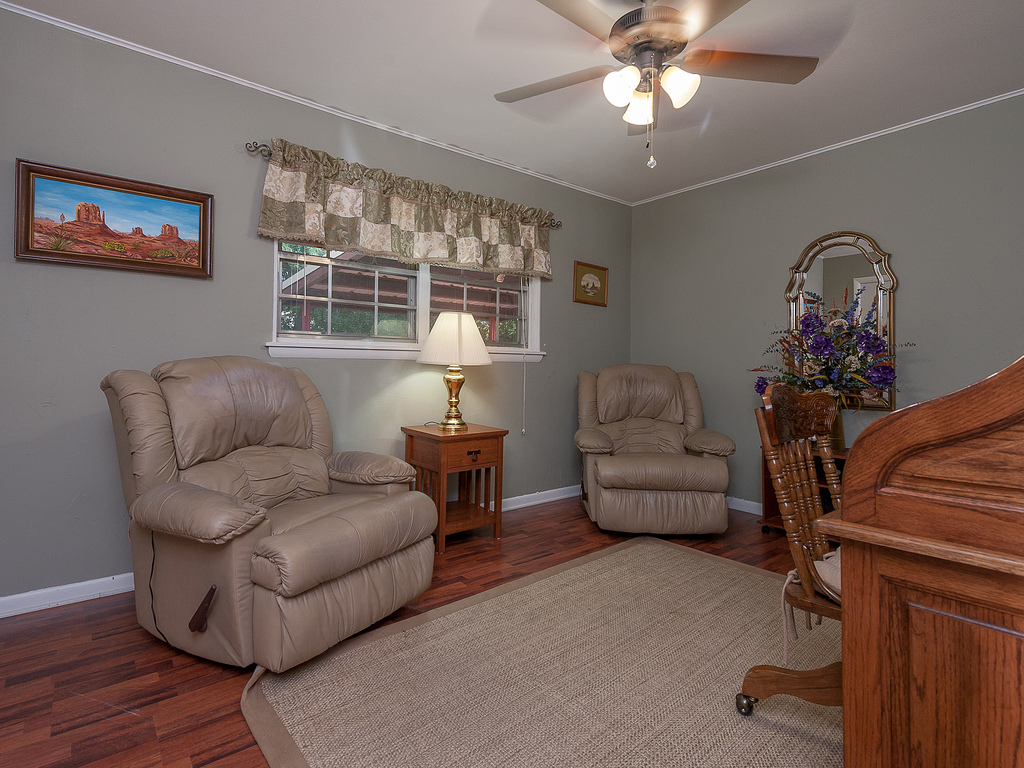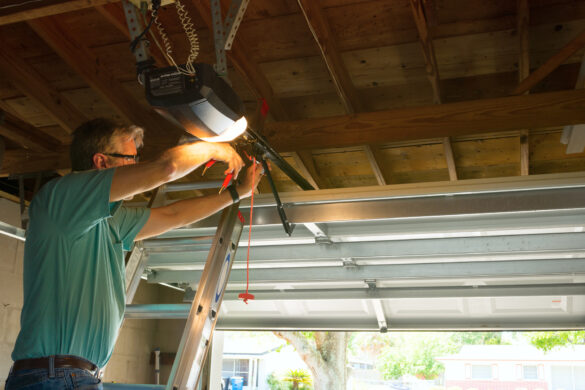 Recession problems seem to be a scourge on British society these days. Not a week passes by without some new horror being unveiled about the demands of having to live in an ever decreasing poverty line. With money at an all-time scarcity, government officials have decided the best way forward is cutbacks: stop spending in the public sector, cut welfare benefits and state assistant to those who need it.
Recession problems seem to be a scourge on British society these days. Not a week passes by without some new horror being unveiled about the demands of having to live in an ever decreasing poverty line. With money at an all-time scarcity, government officials have decided the best way forward is cutbacks: stop spending in the public sector, cut welfare benefits and state assistant to those who need it.
However, this lack of spending has created a major problem in the housing area. Rents, rates and mortgages continue to spiral at a higher rate than the market permits, and without regulation, many people have been left homeless. Where once the government intervened in cases of homelessness, now, people are on their own.
The hardest hit section of society is recent graduates, closely followed by working professionals under thirty. These groups cannot afford high interest mortgages on low paying wages and jobs which are not secure. Among these groups, high percentages are unofficially homeless: they are not registered as having any fixed address and “couch-surf” between friends and relatives houses. More fortunate people are in a position to move back in with their parents, either rent free or paying keep. Despite having a roof over their heads, many are unhappy with their situation, and miss the freedom their university lives permitted.
The United States has a pretty substantial housing crisis as well. With unemployment on the rise and cost-of-living expenses growing by the year, the number of people in need of affordable housing has progressively gotten worse and worse. The federal government has implement a number of housing options for those considered “low income,” as well as various tax incentives. Citizens can get a better perspective on the tax implications by using specialized tax calculators or by going online. Ultimately, its the American citizens who have come up with ingenious solutions such as tiny houses, sustainable building practices, and homeless communities.
So, what is the solution? In China, young working professionals are known to rent out tiny room space that they share. The hostel style accommodation is not ideal, but many prefer it over the “pods” where living space is just a bed. The bed is a bunk style with a little bit of space for personal belongings. Washing facilities are communal.
In England, the solution to this problem has become a little more creative, with greater benefits. The two unique solutions currently being offered are cheap. They afford inhabitants the luxury of their own personal space with washing and cooking facilities. Similar digs in rented apartments would cost two to three times these spaces per month. So, what exactly are they?
The first is using former shipping containers as housing. The containers are in prime locations in London, a city where rent is around 600 pound per person a month for the worst of the worst. The shipping containers are stacked two high and cost only 300 pound per month to rent. Although not the most economical with heating, and reportedly much too warm in summer, they provide cash strapped working professionals with independence and a comfortable place to live.
Similarly, the latest addition to the housing crisis is based on one room designed for a solo occupant. Like a garden shed you can buy in Argos, or bedroom furniture from IKEA, “flat packed houses” are on the market for around just 10,000 pound. The average house costs between 100 and 150 thousand pounds to buy at the minute, so this is a steal, provided you have land to put it on! The flat pack home can be assembled in as little as four hours (provided your follow the instructions!) and comfortably houses up to two people. The condensed home doesn’t require planning permission as it is only ten feet tall. The plumbing and electricity are fully functioning and the interior is even complete with a fully functioning kitchen and TV. These flat packed houses are a little better than the shipping containers, as the windows are triple glazed and the wood is insulated, to keep them warm in winter.
Hopefully these measure prove popular and efficient enough to be successful, otherwise, people may start charging rent on their sofas!






